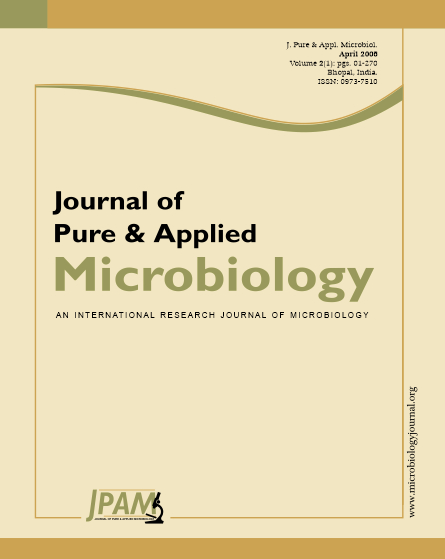The chemical compositions of the different species of Cranberry were studied widely. In the most species of Cranberry some chemical compounds such as Flavonoids, sugar, protein, total fat and some important fatty acids were identified. Urinary tract infections (UTI) are common in women and children and they cause some permanent side effects on kidneys. Since many years, people for treatment of UTI, utilize this herb with or without appropriate antibiotics. In this study, the synergistic and/or antagonistic effect of aqueous Cranberry (Vaccinium arctostaphylos L.) extract accompanied with antibiotics (Ciprofloxacin, Amikacin, Ampicillin and Nitrofurantoin) was carried out on UTIs caused by Escherichia coli in vitro. The results show that because of suppression of the appropriate medicinal effect of antibiotics by Vaccinium arctostaphylos it is better not to use this medicinal herb for treating UTIs with the antibiotics.
Vaccinium arctostaphylos L., Urinary tract infections, Antibiotics, Escherichia coli
© The Author(s) 2008. Open Access. This article is distributed under the terms of the Creative Commons Attribution 4.0 International License which permits unrestricted use, sharing, distribution, and reproduction in any medium, provided you give appropriate credit to the original author(s) and the source, provide a link to the Creative Commons license, and indicate if changes were made.


